
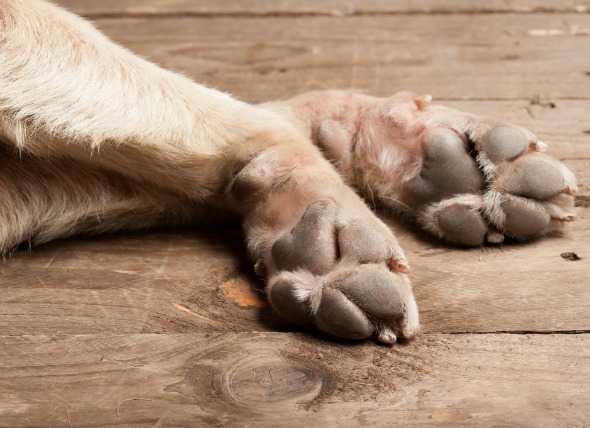
Pododermatitis is a medical term for skin inflammation, particularly inflammation in the feet or paws. With treatment, prognosis is positive. The disease is more common in dogs than it is in cats. However, if you would like to learn how it affects cats, please visit this page in the PetMD health library.
The following symptoms are commonly seen:
Bacterial, fungal, and parasitic infections can cause this skin inflammation to develop. Other potential causes for it can include cancer, trauma, poor grooming, decreased levels of thyroid hormones, increased levels of steroids present, and irritants from the environment.
While this medical condition can occur in any breed, it is more common in the following:
In some instances, a skin biopsy is performed to ensure that pododermatitis is brought on by cancer. A thorough skin examination may be done as well.
Treatment is generally done on an outpatient basis, and can include foot soaks, hot packing, bandaging, and a hypoallergenic diet. In the event that there is a more serious underlying medical condition, its symptoms will be treated first.
Maintaining healthy habits for the dog will help the medical condition from recurring.
Good breeding practices and frequent medical checkups can prevent the recurrence of the condition. However, if the inflammation is occurring because of an allergen, removing it from the dog's environment is recommended.
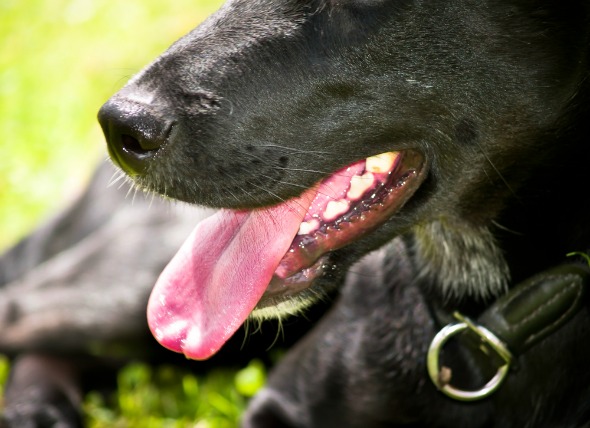 Swallowing Difficulties in Dogs
Dysphagia in Dogs
Dysphagia, the medical term giv
Swallowing Difficulties in Dogs
Dysphagia in Dogs
Dysphagia, the medical term giv
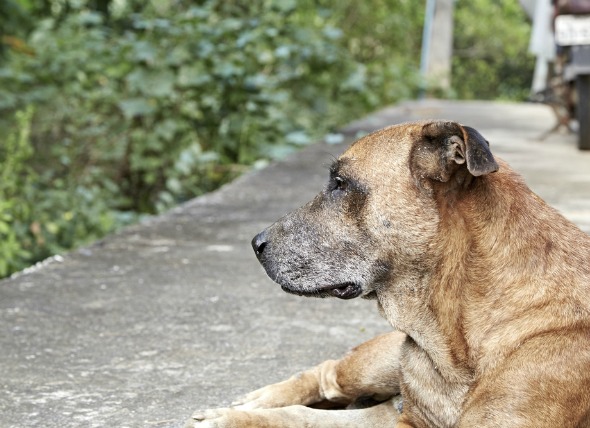 Anemia Due to Chronic Kidney Disease in Dogs
Erythropoietin (EPO) is a glycoprotein hormone, p
Anemia Due to Chronic Kidney Disease in Dogs
Erythropoietin (EPO) is a glycoprotein hormone, p
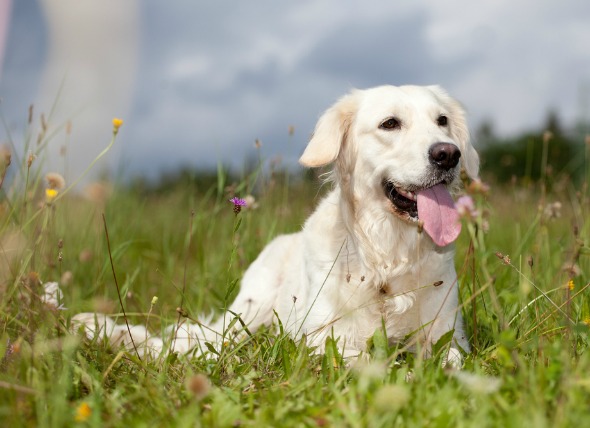 Excess Phosphorous in the Blood in Dogs
Hyperphosphatemia in Dogs
Hyperphosphatemia is an
Excess Phosphorous in the Blood in Dogs
Hyperphosphatemia in Dogs
Hyperphosphatemia is an
 Cataracts in Dogs
Cloudiness of the Eye Lens in Dogs
Cataract refer
Cataracts in Dogs
Cloudiness of the Eye Lens in Dogs
Cataract refer
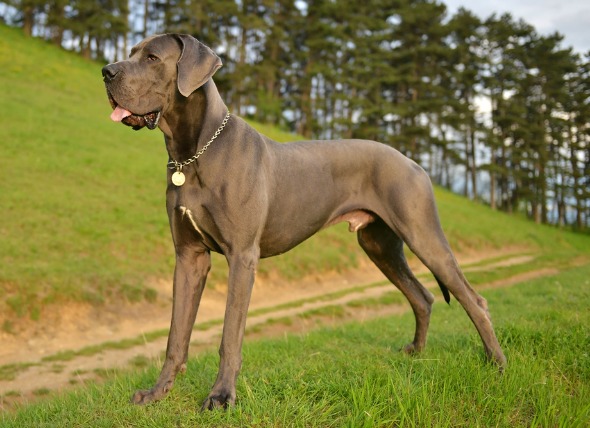 Verterbral Disc Inflammation in Dogs
Diskspondylitis in Dogs
Diskspondylitis is the in
Verterbral Disc Inflammation in Dogs
Diskspondylitis in Dogs
Diskspondylitis is the in
Copyright © 2005-2016 Pet Information All Rights Reserved
Contact us: www162date@outlook.com